-
ELECTROMAGNETIC FIELD THEORYElectromagnetic fields are a combination of invisible electric and magnetic fields of force. They are generated by natural phenomena like the Earth’s magnetic field but also by human activities, mainly through the use of electricity.
-
ELECTRICAL AND ELECTRONIC MEASUREMENTSElectrical and Electronic Measurements section deals with the methodologies and procedures for measurements by means of electric and electronic technologies. It is also targeted to the design, implementation, characterization, calibration, and test of measurement systems.
-
POWER SYSTEMSAn electric power system is a network of electrical components deployed to supply, transfer, and use electric power. An example of a power system is the electrical grid that provides power to homes and industries within an extended area
-
FLUID MECHANICSFluid mechanics is the study of fluid behaviour (liquids, gases, blood, and plasmas) at rest and in motion. Fluid mechanics has a wide range of applications in chemical engineering. Fluid Mechanics is an important subject of the GATE Chemical Engineering.
-
CHEMICAL REACTION ENGINEERINGChemical reaction engineering is a specialty in chemical engineering or industrial chemistry dealing with chemical reactors. Frequently the term relates specifically to catalytic reaction systems where either a homogeneous or heterogeneous catalyst is present in the reactor
-
MECHANICAL OPERATIONSMechanical Operations deal with Science and Technology of particulate matter, which is a multidisciplinary field including Materials Science, Environmental etc.. The primary objective of this course is to identify the important physical mechanisms occurring in processes involving particles discuss unit operation and its role in Chemical industries, characteristics of particulate solids, Principles of size reduction, particle dynamics and separation of particles formulate and solve mathematical descriptions of such processes
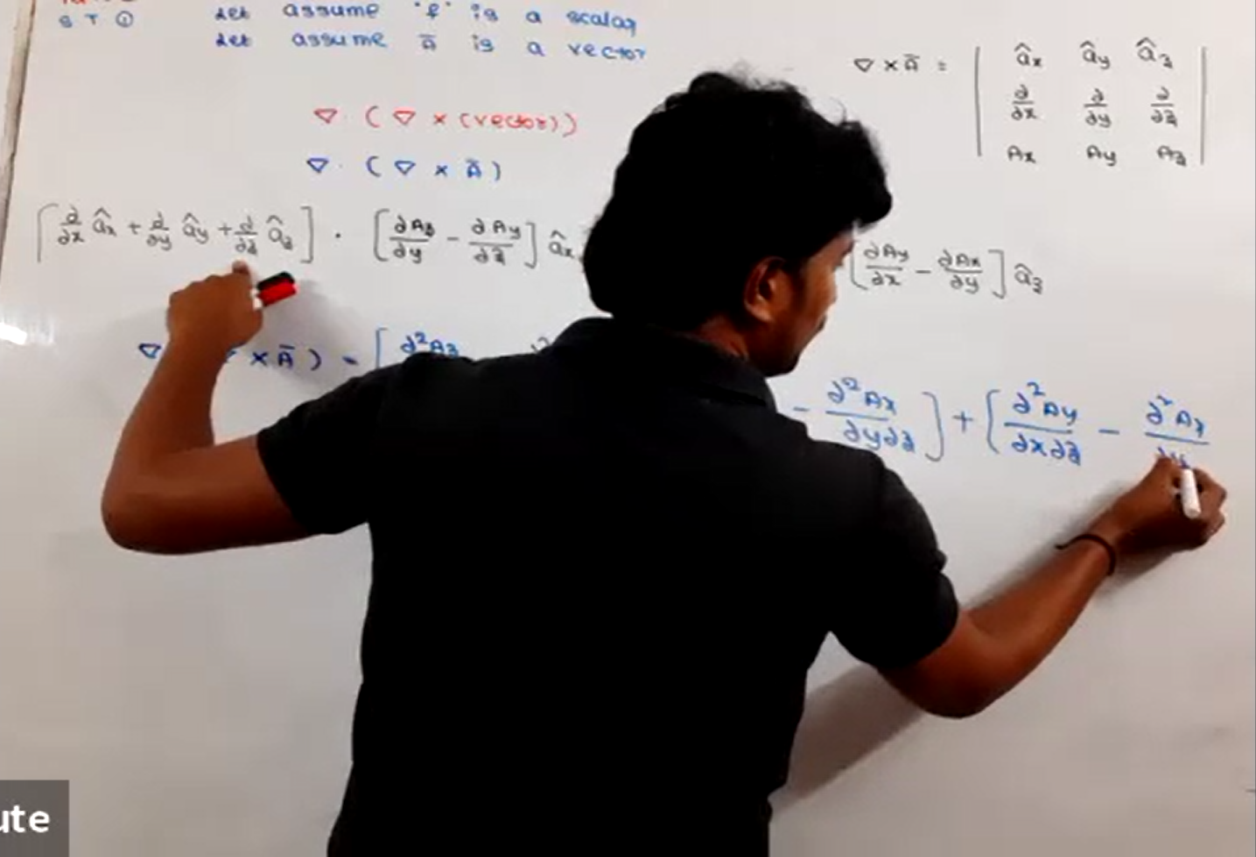
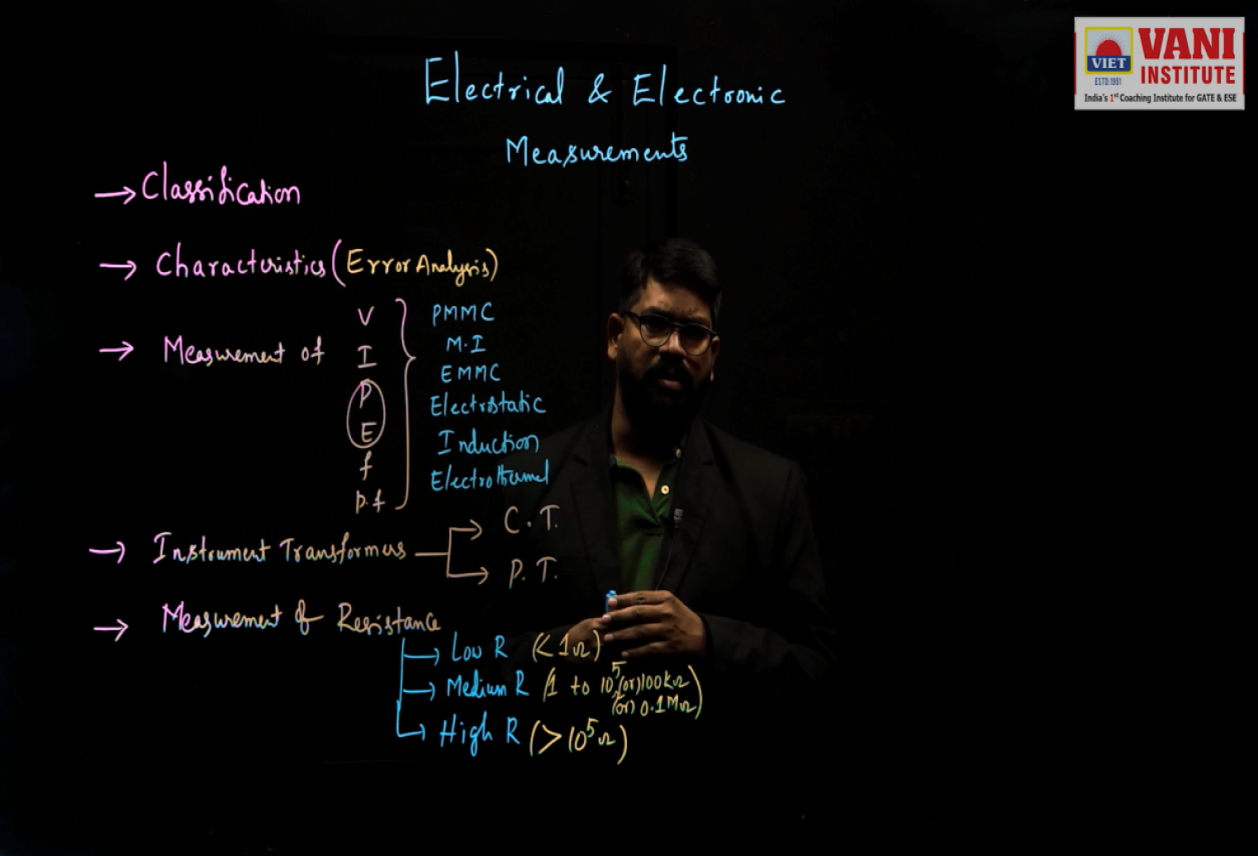
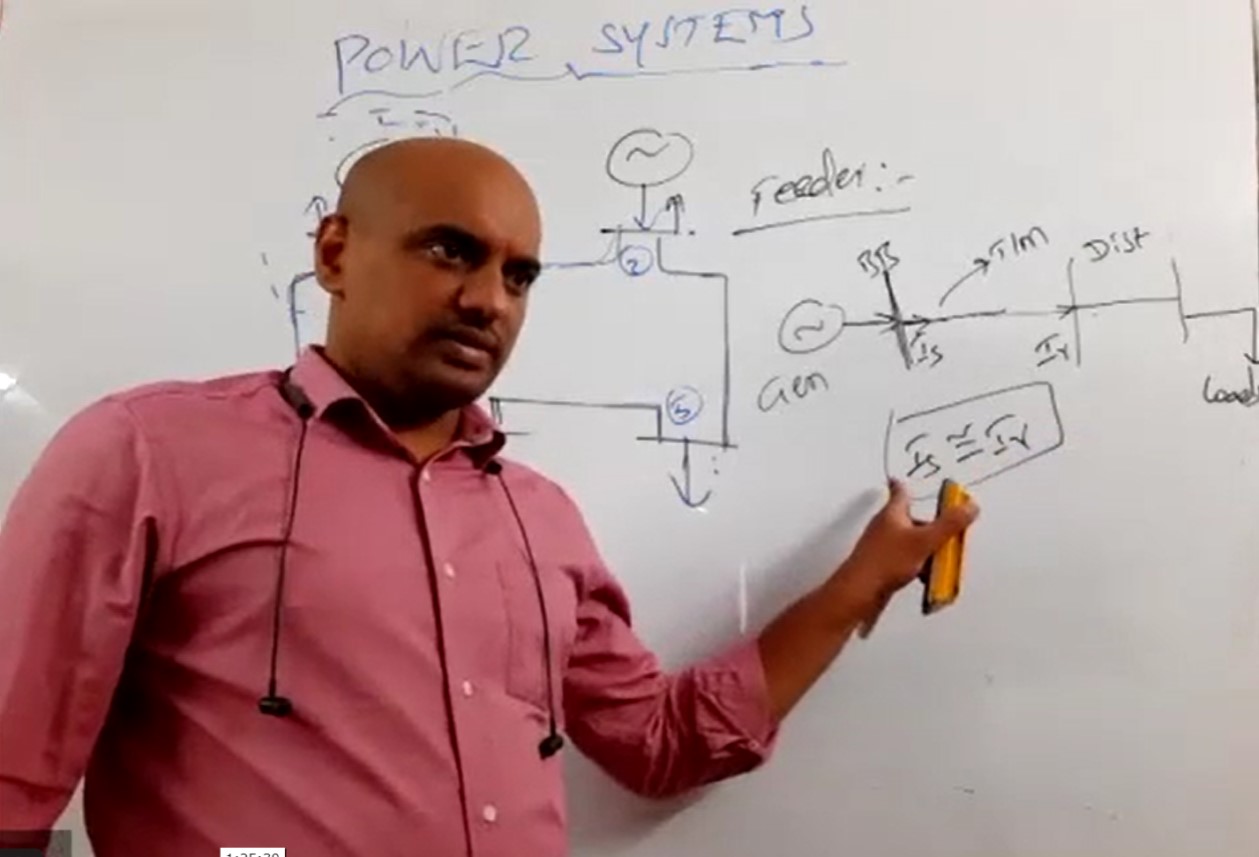
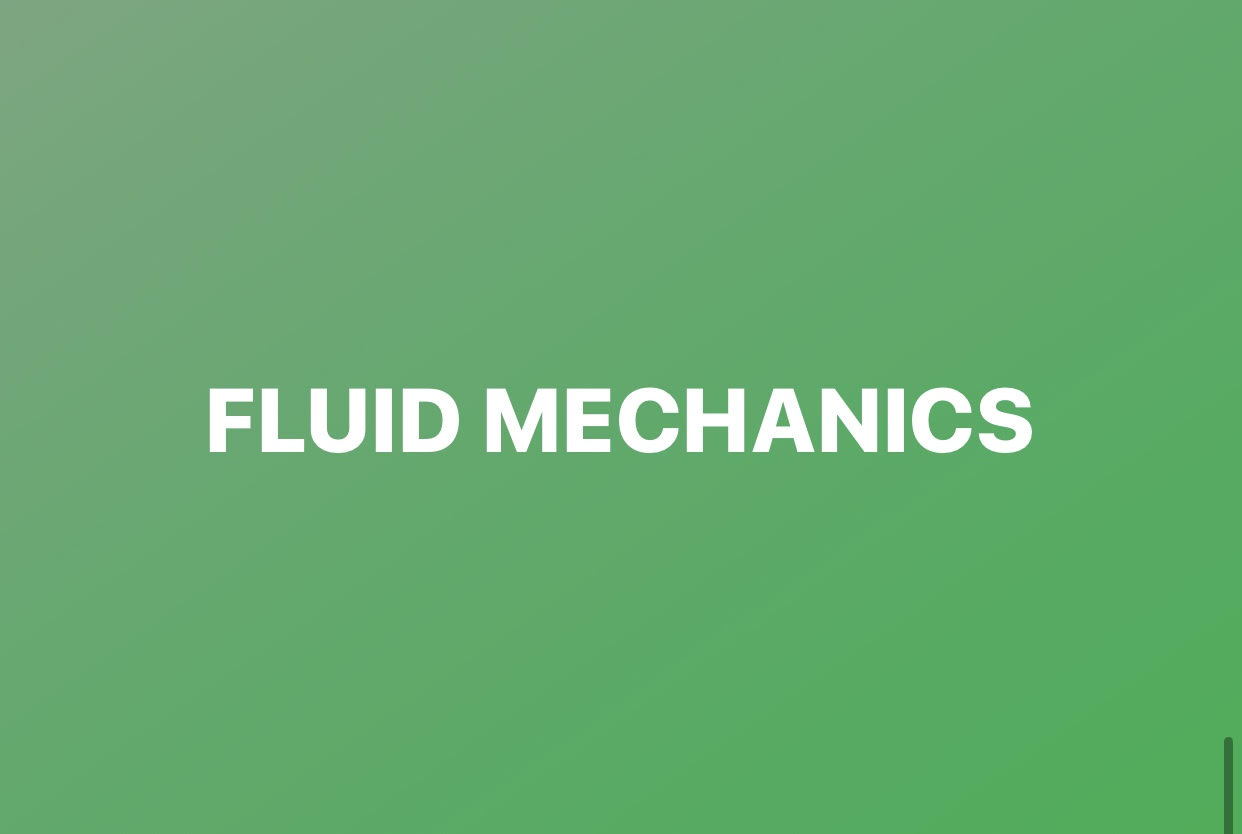
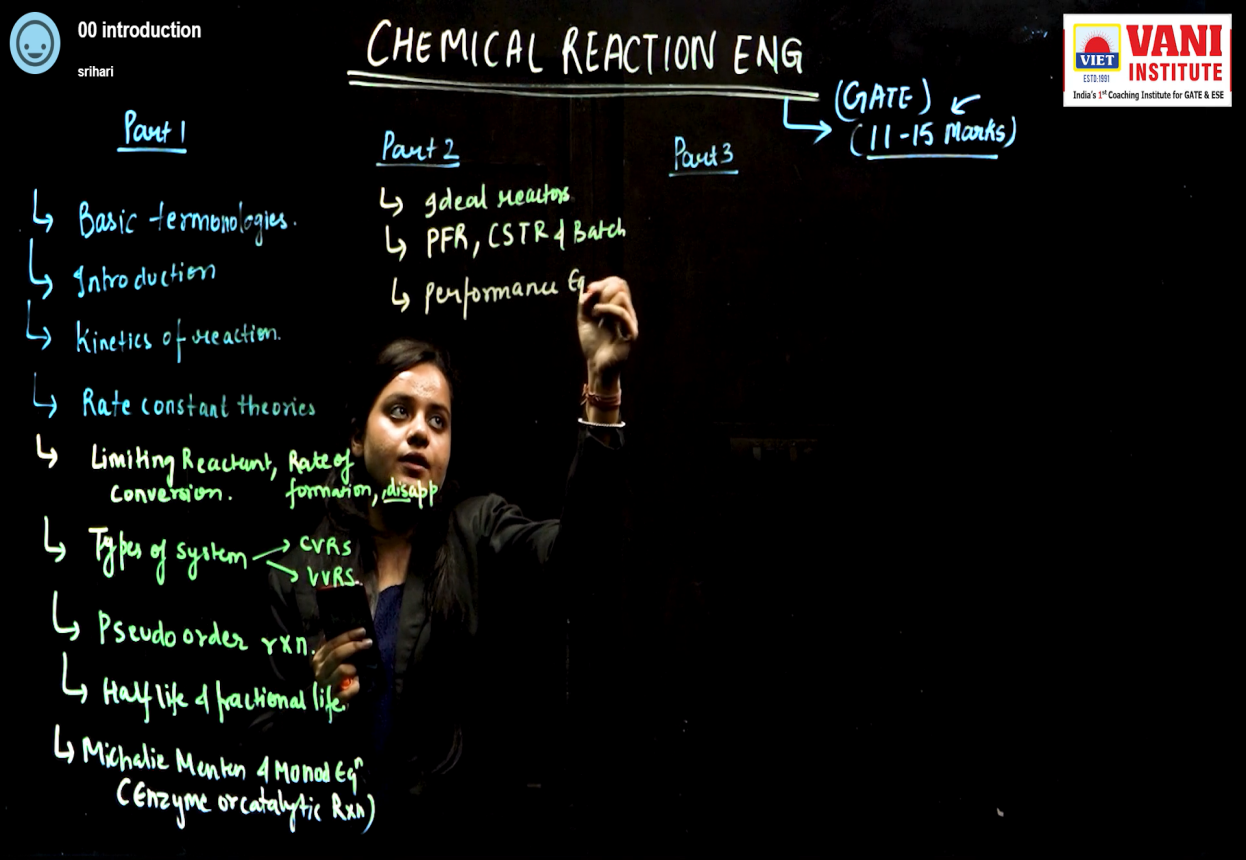
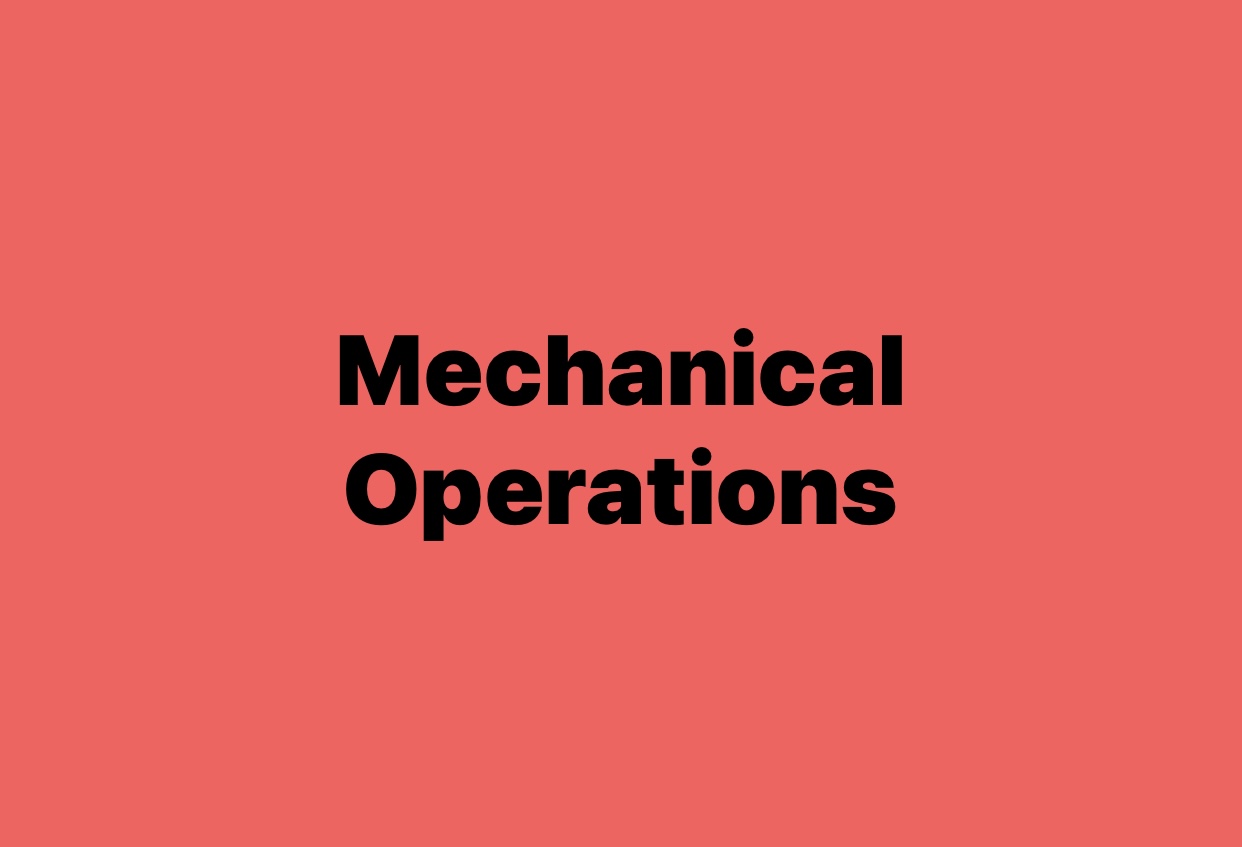
Write a public review